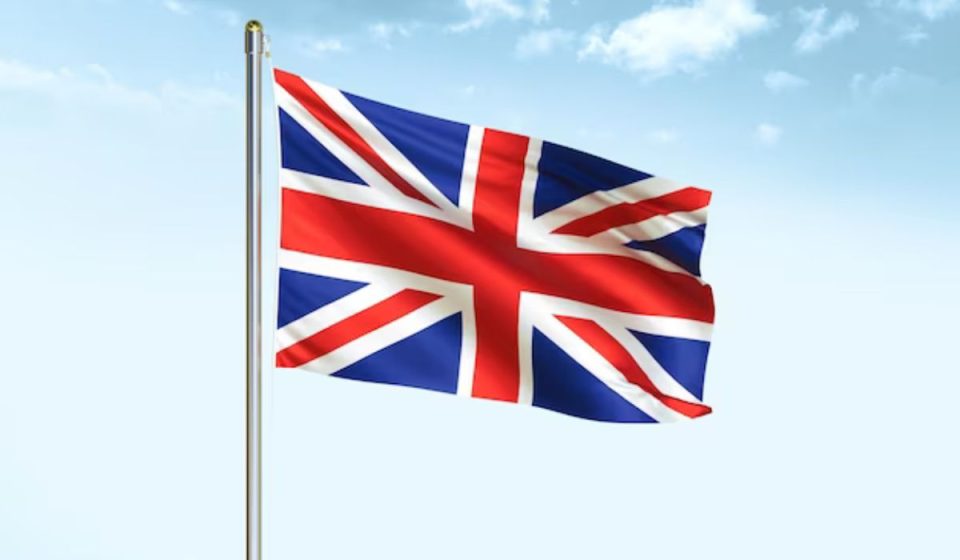The UK’s economy grew by 0.6% in the first quarter of 2024, officially ending a mild recession that started in the second half of 2023.
The Office for National Statistics (ONS) reported that this growth was stronger than expected, with economists predicting a growth rate of only 0.4%.
The increase in activity across the services sector, where wages have surpassed inflation, contributed to the end of the downturn.
However, forecasters predict that the UK’s economy will grow slowly this year due to high interest rates and the after-effects of last year’s inflation surge, which continue to affect disposable incomes.
The Bank of England predicts that gross domestic product (GDP) will grow by only 0.5% this year. While the Bank kept interest rates at 5.25% on Thursday, it indicated a possible reduction in June.
Chancellor Jeremy Hunt said that the economy is returning to full health for the first time since the pandemic, and Prime Minister Rishi Sunak said that the figures demonstrate momentum, although he acknowledged that it will take time for people to “really feel better.”
On the contrary, the Organisation for Economic Co-operation and Development said that the UK will be the worst-performing economy in the G7 next year, with high interest rates and the lingering effects of last year’s surge in inflation dragging on growth.
The ONS reported that consumer spending and business investment recovered in the first quarter after declines in the second half of 2023. The services sector saw the biggest increase, with transport and storage services being the largest contributor.
Private healthcare and renewed activity in the National Health Service (NHS) after a series of strikes last year were among the other factors pushing up services sector growth.
Construction activity fell due to a decline in housebuilding, while the manufacturing sector benefited from a recovery in car production.
Energy production increased between January and March. However, the ONS said growth in this sector and manufacturing was partly offset by a fall of 2.4% in the output of activities associated with the big water companies, including sewage and waste management.
GDP per head is estimated to have increased by 0.4% in the first quarter of 2024, after seven consecutive quarters without positive growth.
It is estimated, based on ONS projections of the UK’s rising population, that GDP per head is 0.7% lower compared with the same quarter a year ago.



